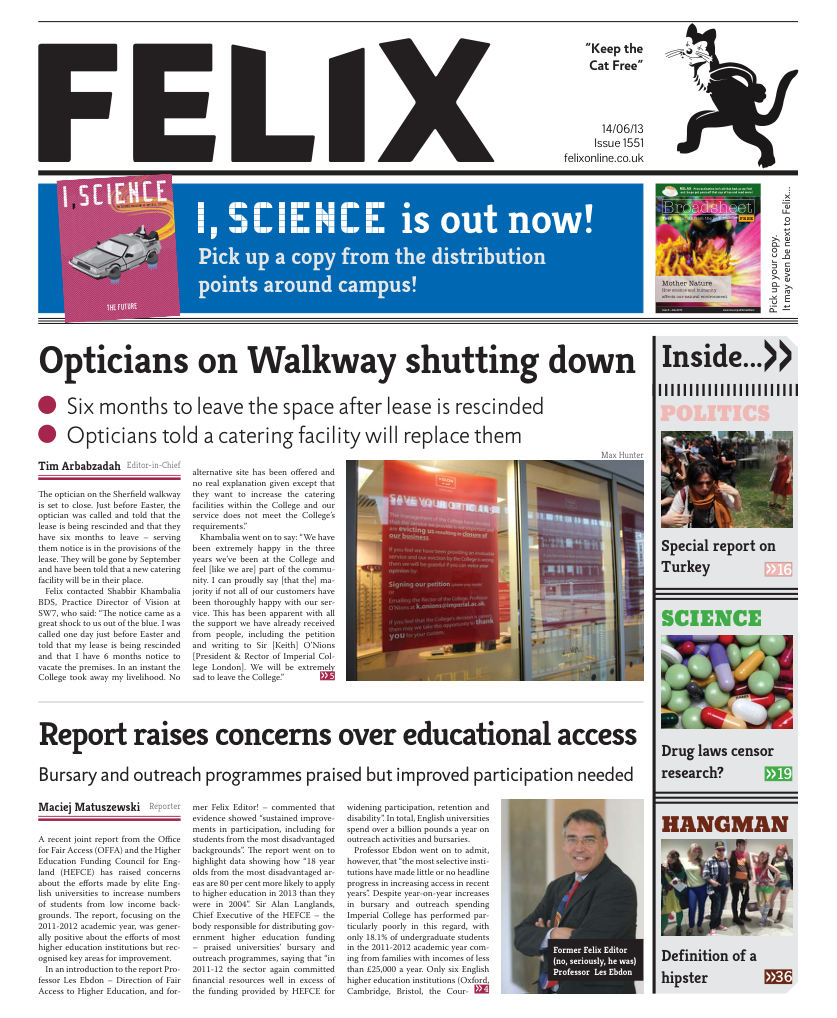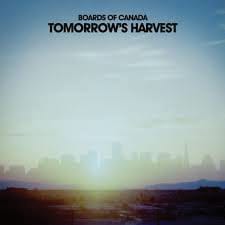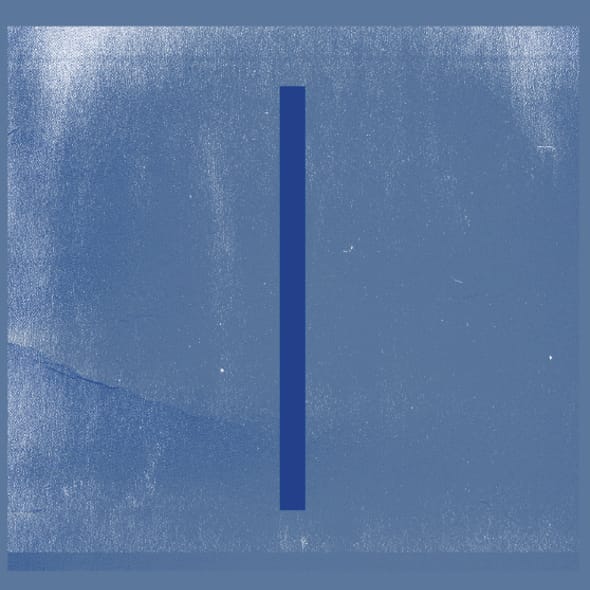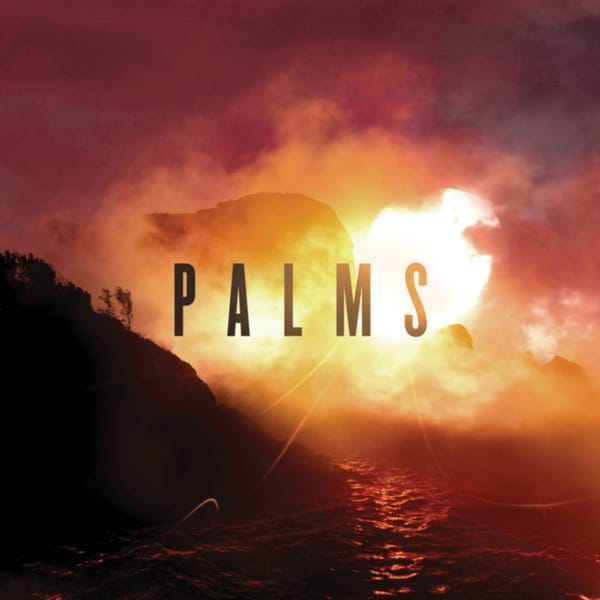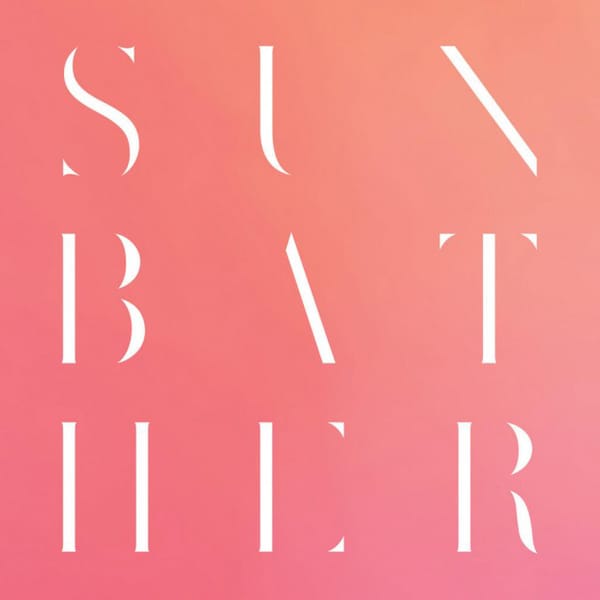This Week At Oto: Rushford & Talia
Riaz Agahi speaks to duo and Ambarchi collaborators
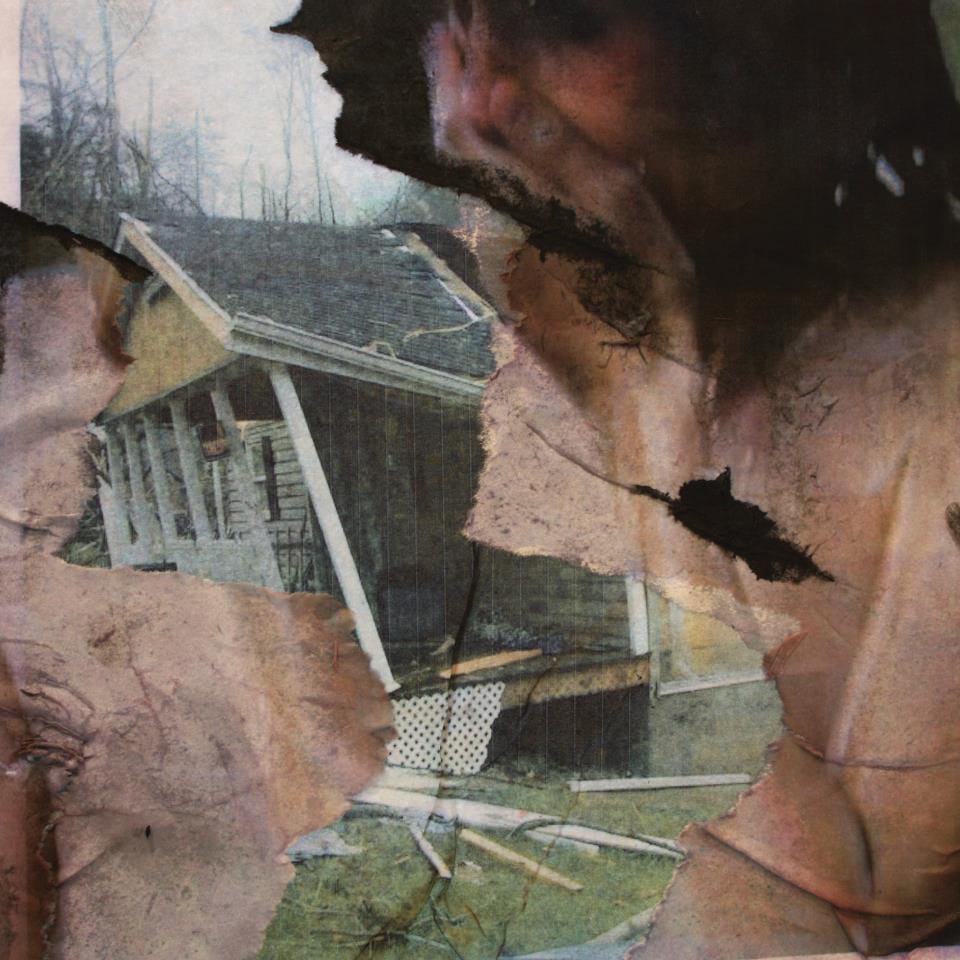
Between a live date in Oto as a duo and another in a large ensemble with Oren Ambarchi, I was able to grab an interview with Australian musucians James Rushford and Joe Talia. Aside from my aiming for an inside scoop about the night’s rendition of ‘Knots’ (from Ambarchi’s Audience Of One), we primarily discuss their work as a duo. and especially their 2013 album Manhunter.
Riaz Agahi: How does tonight’s version of ‘Knots’ differ from the record? Is it expanded?
Joe Talia: It’s probably not expanded from the record, but it’s different. I’m playing drums tonight and I played drums on the record. Oren and I have played a lot as a duo, without the other guys. So that part of it, the interplay between the guitar and the drums has actually evolved a lot since the recording. The recording was actually done quite a long time ago, before we actually played all the shows. That element of it is definitely changed and has broadened a lot.
James Rushford: For the strings arrangement I more or less transcribed Eyvind Kang’s part but there are alterations. There are certain sections that are a little more improvisatory and just the nature of the way those instruments interact with the ensemble is a bit more energetic I suppose in the performance.
RA: How long have you guys been working together?
JT: Since 2009? I think it [was when] first record came out
RA: I haven’t really been able to get my hands on any earlier work, and when I turned on Manhunter I was expecting noise to be honest. I thought it was interesting you created a dark atmosphere without going straight to noise which made it more suspenseful. What exactly did you do on the album, as in what instruments did you use?
JR: It’s deliberately obscure. So, a lot of things that sound like synthesisers, for instance, are generally really instruments. There’s a lot of acoustic instrumentation on the record. We wanted to make something using the studio we had available to us and we also wanted to make something very different to the last 2 records. So we deliberately didn’t play instruments that we’re usually familiar with or comfortable with.
JT: Yeah, everything’s not our usual mode.
RA: Wire’s review of the album compared the album to the Twin Peaks soundtrack. Is that something that was in your head at all at the time?
Both: Not at all.
JT: I mean, of course we’ve seen Twin Peaks, but we weren’t trying to do a Twin Peaks theme or anything.
JR: it’s just a shame that people make a reference to Twin Peaks whenever they hear any kind of synthesizer with a certain tone or chord progression. I think it wasn’t in our heads at all, you know? I think If anything if you wanna make a reference it’s closely tied to say, Broken Flag issues like Maurizio Bianchi from the ‘80s. That, for me, is much more linked to the album we made than Twin Peaks. But we do love the Twin Peaks soundtrack, like most people.
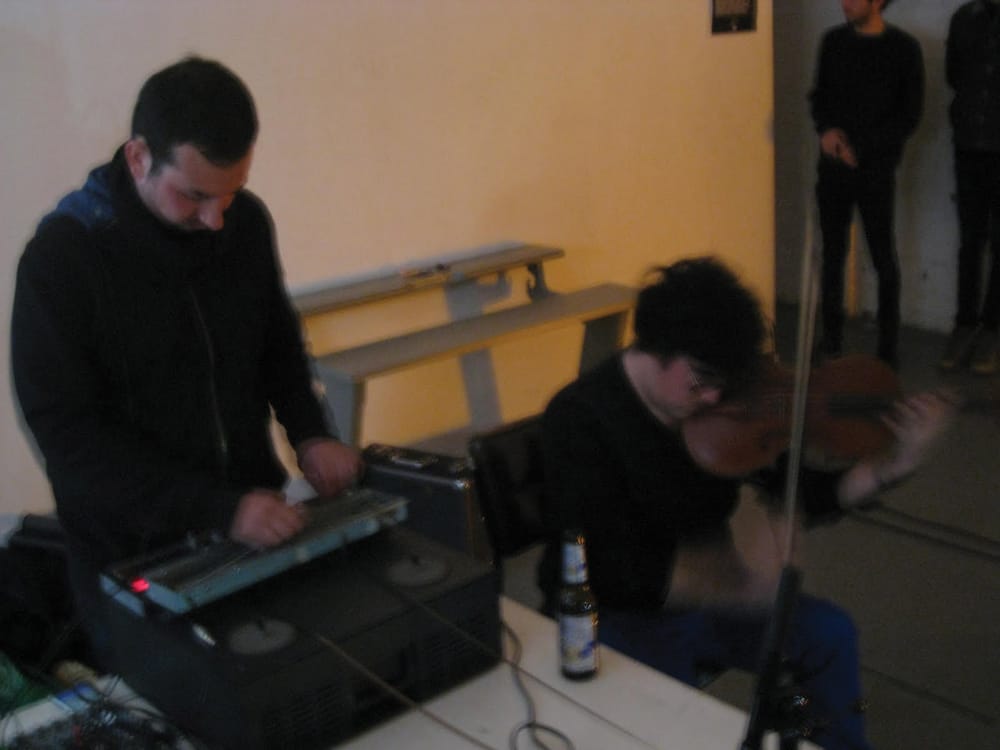
RA: I think it’s just wishful thinking on people’s part. But in a way, there’s a sort of darkly comedic but also bleak and just all out weird ambience in Lynch’s material that also finds some place in your music.
JR: I think that this record more than the other ones is kind of more openly emotional, you know? We let the harmony in the music go places that we probably we would have avoided previously. I think again that kind of relates to the Lynch thing, because (Angelo) Badalamenti’s music can be so emotional earnest at times. Which makes it verge on the edge of being cheesy. That for me is kind of special, how it remains sort of cheesy but sort of austere at the same time.
RA: It does kind of have a cinematic nature to it. It sort of seems to build towards a euphoric synth at the end. Is there a sort of progression in the album or is it like separate suites?
JR: It was originally gonna be over 2 hours long. So it was very much supposed to be one long piece that moved very slowly, and at times was collage based but other times very much on one trajectory.
JT: It was kind of like a film in that way. That we had to edit it down, and find out how we were going to end it and cut out all this stuff. It was always a problem, like how does this all fit together and how does it kind of work.
JR: I think at the same time it was just one big thing.
JT: Yeah, we didn’t make separate songs and piece them all together later.
JR: It was really about deconstructing one idea, into the next idea.
RA: I’ve only in the past year or two been aware of the amount of great artists from Australia. Is the Australian scene localized to a few cities or is it widespread?
JR: I think it’s quite far reaching. People often say that Melbourne is sort of the centre of that scene but I wouldn’t necessarily say that’s the case.
JT: No, there are big scenes in Sydney and Brisbane as well, and of course other places.
JR: Yeah, I mean there’s all sorts of strange noise bands that you hear out in the country towns and things like that. I think it’s a really exciting scene and it’s also quite all-embracing in the sense that there are people from different practices; people from an experimental tradition, people from more of an improvised tradition, people from a rock tradition, a lot of people are very supportive of each other.

